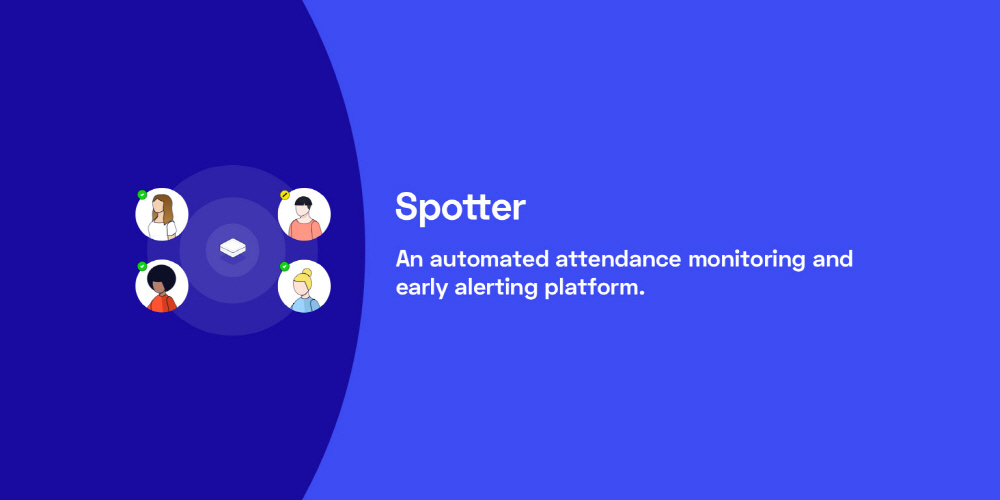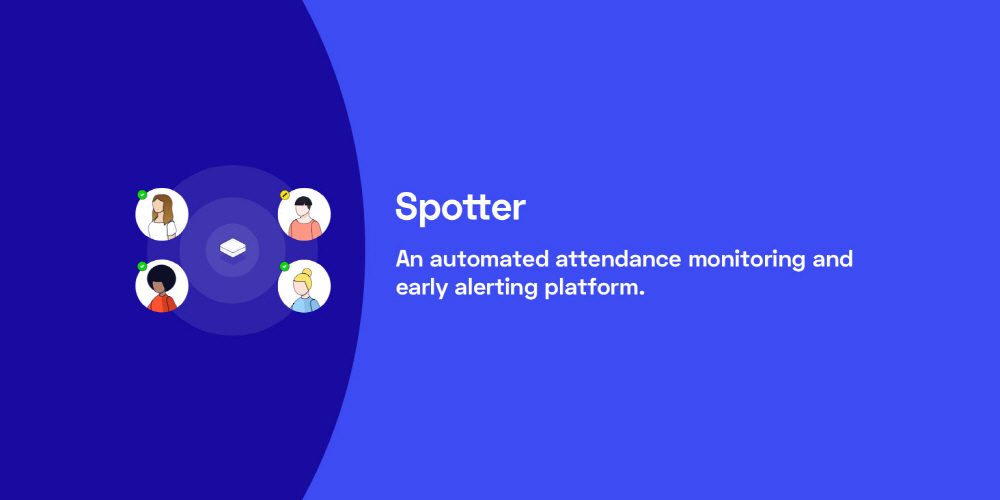
It has been reported that American universities can help identify students’ whereabouts, manage attendance, and detect problems early through student smartphones through Bluetooth signals and Wi-Fi networks. On the one hand, it is pointed out that the protection of personal information is greatly impaired when the university monitors students using smartphones.
According to reports, in recent years, more and more universities are monitoring students using Bluetooth installed on smartphones and Wi-Fi networks that have spread throughout the university. One of these monitoring systems is SpotterEDU. For example, when a freshman enters a classroom for a professor’s class, seven Bluetooth signals installed in the classroom connect to the student’s smartphone app to manage attendance. In addition, if a student neglects a class, the system recognizes it, tracks subsequent behavior, and in some cases can be a factor that causes the grade to decline. The system notifies the professor that the student has not attended the class, so the teacher can contact the student to find out where they live.
Explain that such a system allows professors to see and understand student behavior, resulting in changes in student behavior. In fact, it is said that the attendance rate of the course has increased by more than 90% due to the introduction of the system.
A company that makes such a system is said to be able to locate students through Bluetooth transmitters and Wi-Fi and collect location information 6,000 times per student per day depending on the system. The university claims that the use of a tracking system can help students succeed by quickly intervening in problems.
However, there are criticisms that this system, which can easily monitor students, violates student privacy and undermines university students’ independence. One expert pointed out that the director is justifying student surveillance to achieve the results he wants, and was also concerned about the possibility of being abused as a minority surveillance system.
Sporter EDU said that since 2015, basketball coaches have applied this system to monitor student players. However, the program goes beyond just a simple attendance management tool to detect student anguish by tracking where students spend their time at college. Avoiding the cafeteria suggests that a student has a social problem, and absence from class suggests that he or she is feeling down. Of course, this information is not the conclusion, but it can be accumulated as useful information and applied to prevent the possibility of a student being dropped out due to a disability.
According to the company, 50 faculties, including Columbia University, have partnered with Sporter EDU. It is said that 1.5 million students have been recorded in the past 12 months. Some parents hoped to have their children under university monitoring, and Sporter EDU also expressed an opinion that the university needed to share information with the student’s parents.
One student, on the other hand, is now an adult and asks if he should be monitored and what interests them. Related information can be found here .


















Add comment